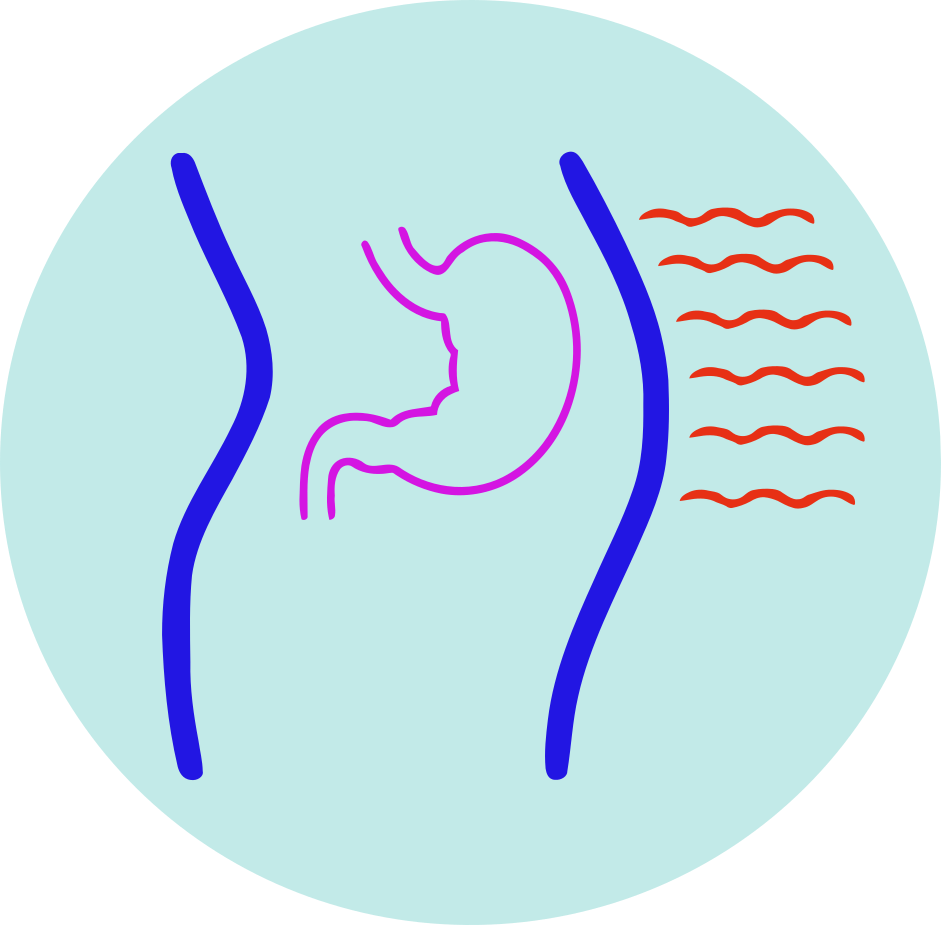| Name | Betaine |
| Classes |
Nutritional Supplement |
| Diseases |
Abnormal Clotting Learning Disability Metabolic Disorder Osteoporosis (Brittle Bone) |
Betaine
Betaine is a naturally occurring compound that functions as a nutritional supplement. Betaine is involved in various biochemical processes in the body. It serves as a methyl donor, aiding in the conversion of homocysteine to methionine. It also plays a role in osmoregulation and cellular metabolism.
Betaine is indicated for the following:
- Dietary supplementation to support healthy methylation processes
- Support of liver function and detoxification
- Maintenance of normal homocysteine levels
- Support of cardiovascular health
- Support of gastrointestinal health
- Support of bone health
The usual dosage of betaine is 3 grams orally twice a day.
- Betaine supplements should be used with caution in individuals with a history of kidney disease or kidney dysfunction, as betaine metabolism is dependent on renal function.
- Pregnant and breastfeeding women should consult with their healthcare provider before taking betaine supplements.
- Individuals with known hypersensitivity to betaine or any components of the formulation should avoid its use.
- It is important to follow the recommended dosage and not exceed the recommended intake unless directed by a healthcare professional.
- Betaine should not be used as a replacement for a well-balanced diet. It is important to obtain nutrients from a variety of food sources.
Contraindication
- Betaine is contraindicated in individuals with known hypersensitivity to betaine or any components of the formulation.
None known.
- Individuals with severe kidney disease or kidney dysfunction should avoid betaine supplementation or use it under the supervision of a healthcare professional.
- Betaine should not be used as a sole treatment for any medical condition without consulting a healthcare professional. It is intended as a nutritional supplement and should be used as part of an overall management plan.
 Bangla
Bangla English
English

